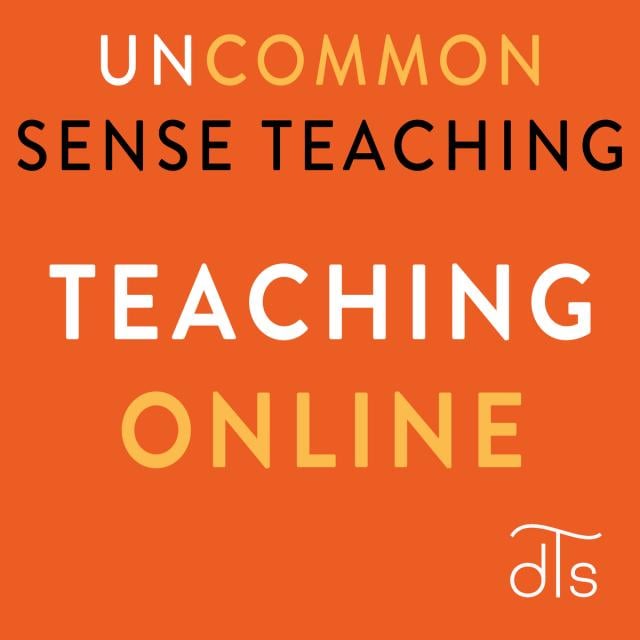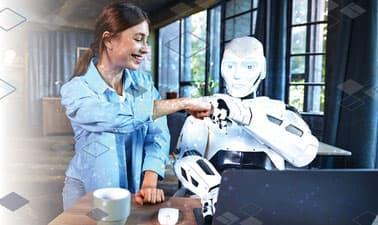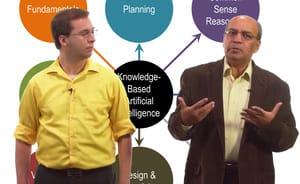Uncommon Sense Teaching: Teaching Online (Coursera)
Categories
Effort
Languages
In Uncommon Sense Teaching: TEACHING ONLINE we’d like to help you to move toward fresh approaches to online teaching that build on the latest insights from scientific research. We’ll use insights from movie-making—not to mention from odd visual tricks in Barb’s kitchen—to see how students learn, both independently and [...]
Apr 29th 2024










